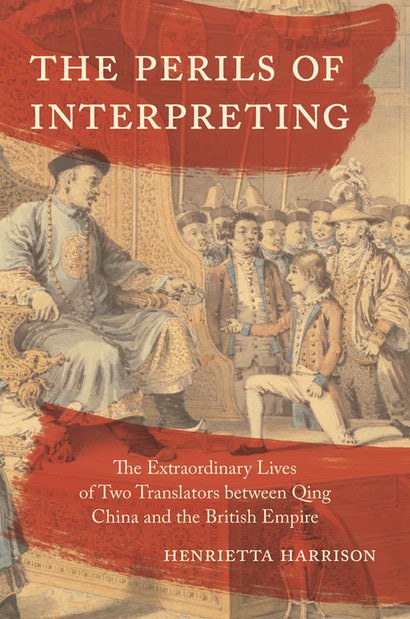
ThePerilsofInterpreting
[ 历史 ]
1
0
推荐者:百科书库 2023-04-11 20:06:46
本书简介
- 作者:HenriettaHarrison
- 出版社:PrincetonUniversityPress
- 副标题:TheExtraordinaryLivesofTwoTranslatorsbetweenQingChinaandtheBritishEmpire
- 出版年:2021-11
- 页数:304
- 定价:$29.95/£25.00
- 装帧:Hardcover
- ISBN:9780691225456<
Henrietta Harrison's The Perils of Interpreting presents a more nuanced perspective on the 1793 British embassy to China, which has often been viewed as a clash of cultures resulting from the East's disinterest in the West. Instead, Harrison shifts the focus to Macartney's two interpreters, Li Zibiao and George Thomas Staunton, to show their interventions in the exchanges they mediated and what these exchanges meant for them.
Harrison reveals that there were Chinese familiar with the West, but growing tensions endangered those who embraced both cultures and eventually culminated in the Opium Wars. She argues that the Qing court's ignorance about the British was manufactured through the repression of cultural go-betweens like Li and Staunton.
The author traces Li's influence as Macartney's interpreter, the pressures he faced in China as a result, and his later years in hiding. While Staunton interpreted successfully for the British East India Company in Canton, he was compelled to flee to England as Chinese anger grew against British imperial expansion in South Asia. Harrison contends that by silencing expert voices, the Qing court missed an opportunity to gain insights that might have prevented a losing conflict with Britain.
In uncovering the overlooked lives of Li and Staunton, The Perils of Interpreting offers a valuable argument for cross-cultural understanding in a better-connected world.
作者简介
HenriettaHarrisonisprofessorofmodernChinesestudiesattheUniversityofOxfordandtheStanleyHoTutorialFellowinChineseHistoryatPembrokeCollege.HerbooksincludeTheManAwakenedfromDreamsandTheMissionary’sCurseandOtherTalesfromaChineseCatholicVillage.ShelivesinOxford,England.
相关推荐
铁壁之围
该书曾获得多项荣誉,包括沃尔夫森历史奖、古根海姆-莱尔曼奖军事史奖、军事史学会杰出图书奖、2015年英国陆军年度军事图书、2014年《星期日泰晤士报》年度历史图书以及2014年《新政治家》年度图书。《 [英]亚历山大·沃森 2023-04-12 18:10:24© 2023-2025 百科书库. All Rights Reserved.


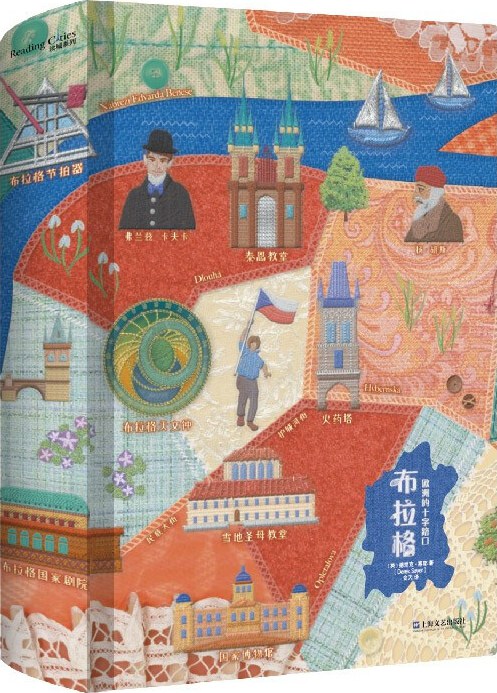
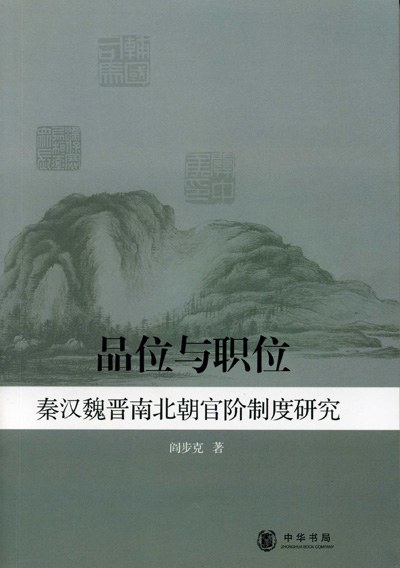
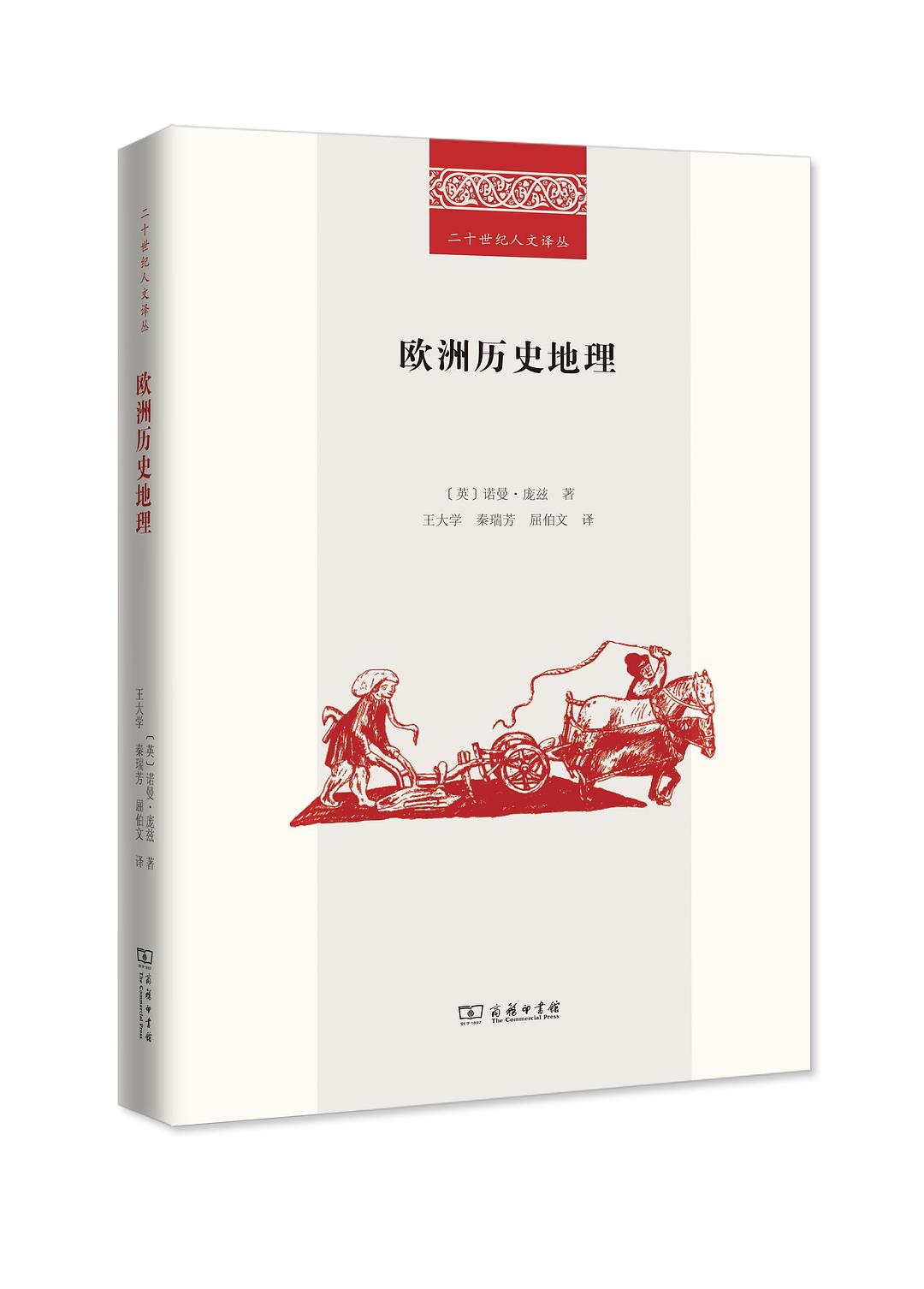
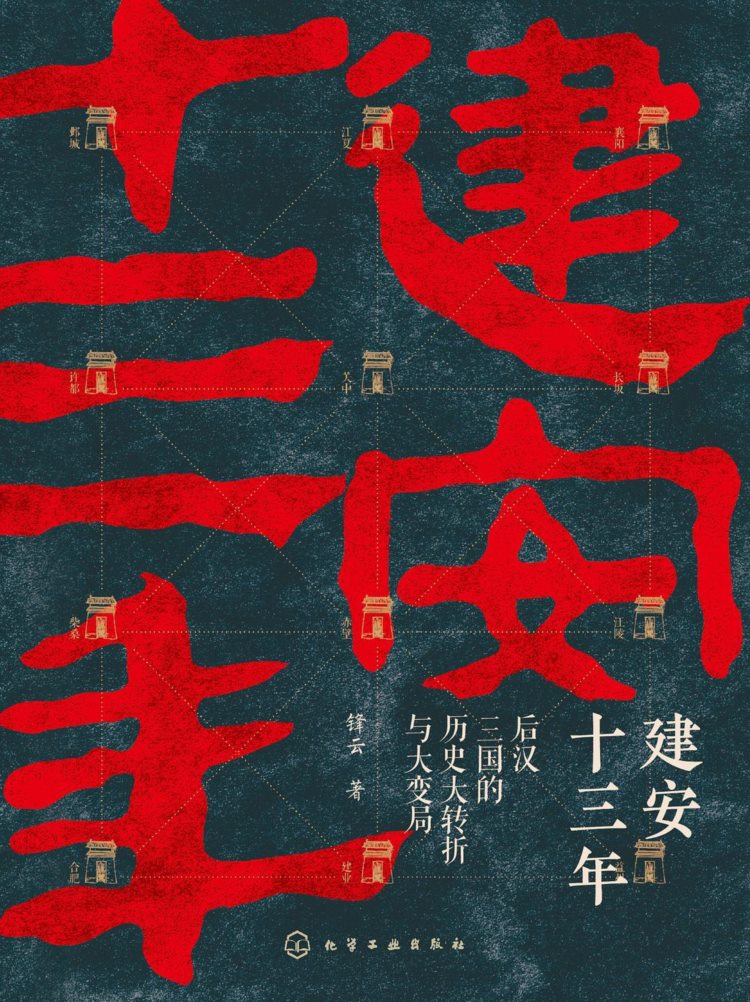
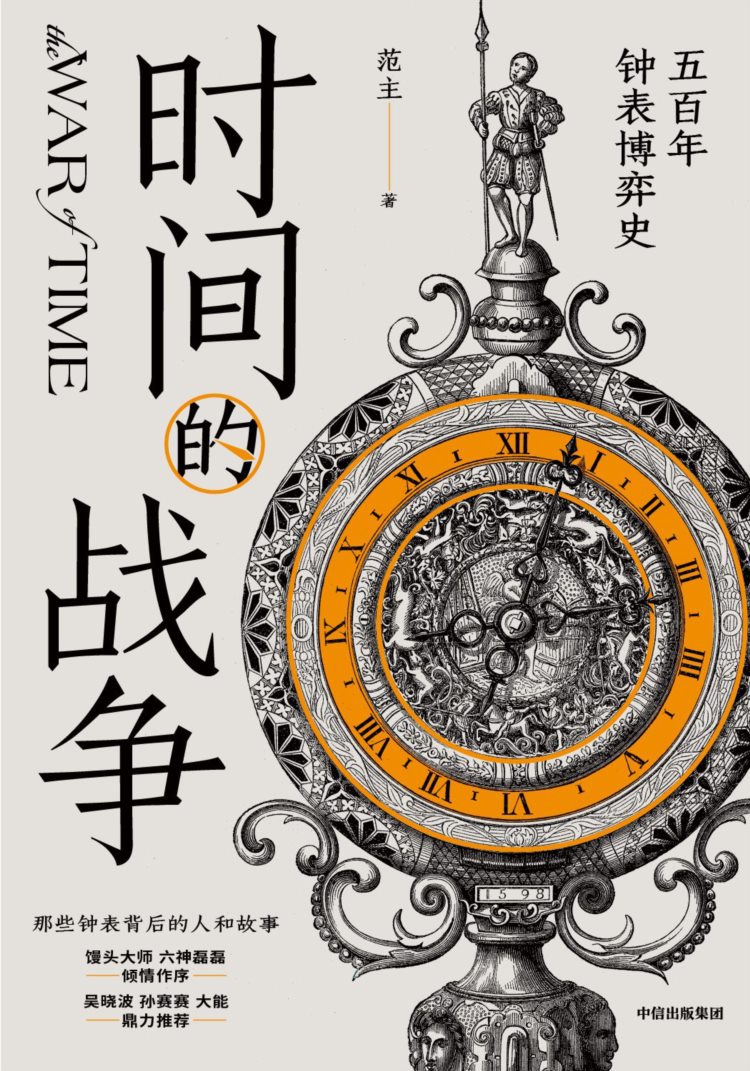
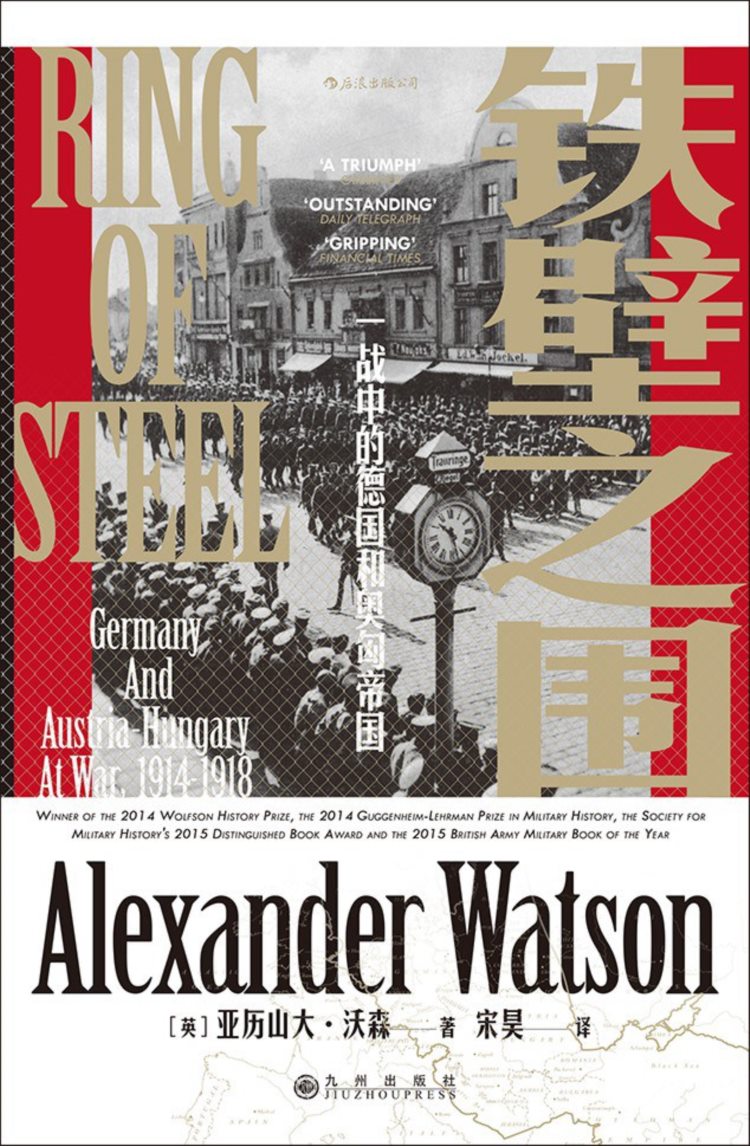
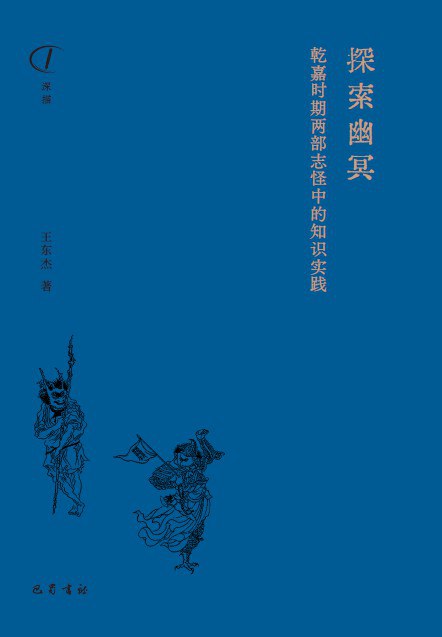
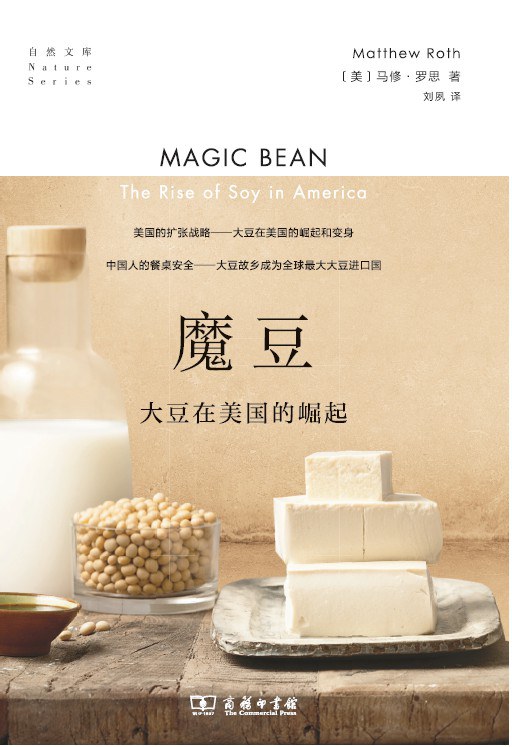
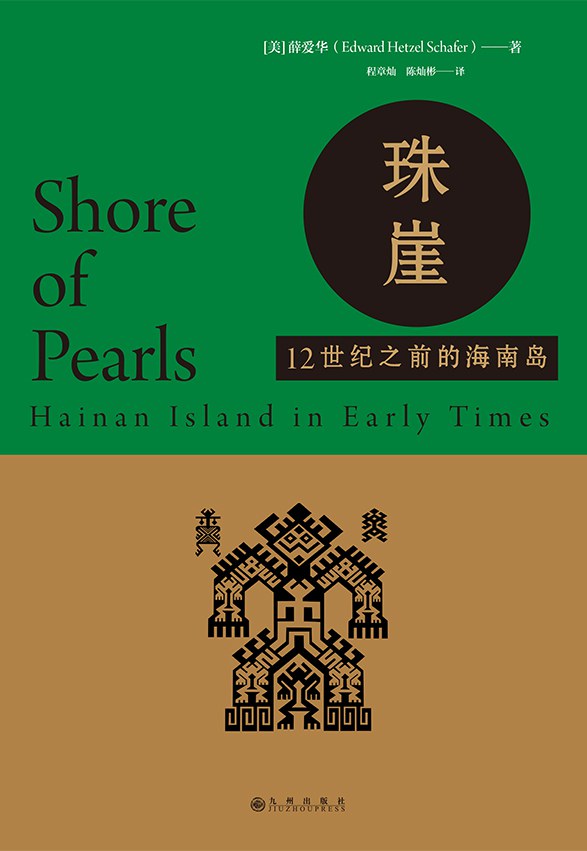
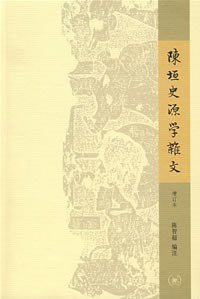
发表评价